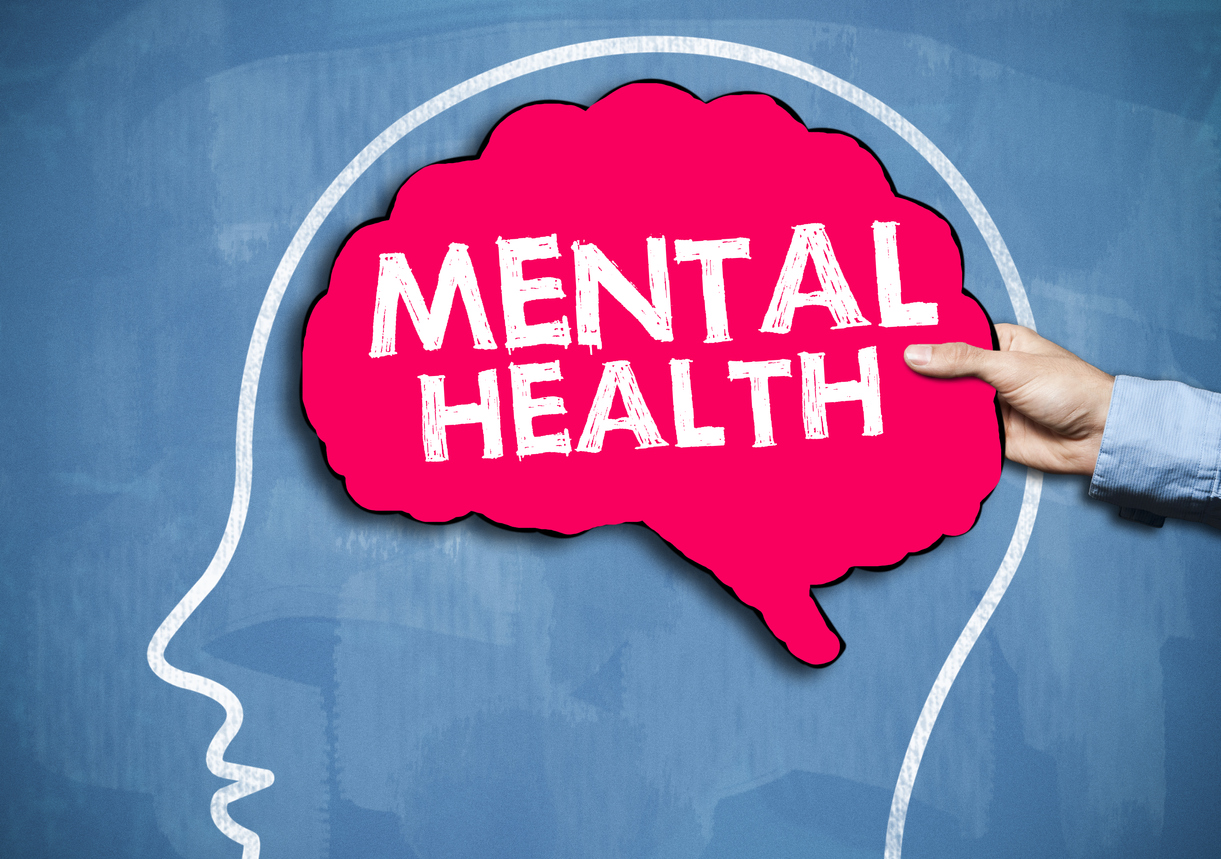novellainstitute.com – Mental health is an essential part of our overall well-being, influencing how we think, feel, and act. It affects our daily lives, relationships, and ability to handle stress, make decisions, and engage with others. Yet, despite its importance, mental health is often misunderstood or overlooked. In this article, we will explore what mental health is, why it’s important, the factors that influence it, and how we can support and nurture our mental health.
What is Mental Health?
Mental health refers to a person’s emotional, psychological, and social well-being. It encompasses the way we perceive ourselves, how we manage our feelings, how we relate to others, and how we make choices. Mental health affects every aspect of life, from how we think and feel to how we interact with others and cope with challenges.
Good mental health is not just the absence of mental illness. It involves a state of well-being where individuals can handle the stresses of life, maintain fulfilling relationships, and achieve their potential. Mental health allows people to work productively, enjoy life, and adapt to changing circumstances.
Why is Mental Health Important?
Mental health plays a critical role in shaping our overall quality of life. When mental health is strong, we are better equipped to manage stress, overcome obstacles, and maintain healthy relationships. However, poor mental health can impact nearly every part of life, from how we work and study to how we engage socially and care for ourselves.
Some of the key reasons mental health is so important include:
- Emotional Balance: Good mental health helps us manage emotions, even during difficult times.
- Cognitive Functioning: A healthy mind enables clear thinking, good decision-making, and creativity.
- Physical Health: Mental well-being is closely tied to physical health. Conditions like anxiety and depression can lead to physical symptoms, such as fatigue or chronic pain.
- Social Relationships: Our ability to form and maintain relationships is affected by our mental health, as emotional well-being helps us communicate, empathize, and engage with others.
Factors That Influence Mental Health
Mental health is influenced by a variety of internal and external factors. Understanding these can help us recognize the importance of mental well-being and take steps to maintain it. These factors include:
- Biological Factors:
- Genetics: A family history of mental health conditions can increase the likelihood of developing mental health issues.
- Brain Chemistry: Imbalances in neurotransmitters (chemicals that transmit signals in the brain) can contribute to mental illnesses like depression, anxiety, or schizophrenia.
- Psychological Factors:
- Trauma and Abuse: Past experiences of trauma, abuse, or significant loss can have a lasting impact on mental health.
- Personality and Coping Skills: Individuals with certain personality traits or poor coping mechanisms may be more vulnerable to mental health struggles.
- Cognitive Patterns: Negative thinking patterns, such as excessive worry or self-criticism, can increase the risk of mental health problems.
- Social and Environmental Factors:
- Life Stressors: Major life changes, such as moving, losing a job, or experiencing a breakup, can trigger or worsen mental health issues.
- Social Support: Positive relationships with friends, family, and community can provide a buffer against mental health challenges, while social isolation can increase vulnerability.
- Cultural and Societal Influences: Stigma, discrimination, and societal pressures can contribute to mental health struggles. Cultural attitudes towards mental health also shape how people seek help or discuss mental health issues.
Common Mental Health Conditions
Mental health challenges come in many forms, ranging from temporary distress to more long-term conditions. Some of the most common mental health disorders include:
- Anxiety Disorders:
- Includes conditions like Generalized Anxiety Disorder (GAD), Panic Disorder, and Social Anxiety Disorder. Individuals with anxiety disorders often experience excessive worry, fear, and physical symptoms like rapid heartbeat or sweating.
- Depressive Disorders:
- Major Depressive Disorder (MDD): Characterized by persistent feelings of sadness, loss of interest in activities, and physical symptoms like fatigue and changes in appetite or sleep patterns.
- Bipolar Disorder: Involves extreme mood swings between manic (high energy, impulsive) and depressive (low energy, sadness) episodes.
- Obsessive-Compulsive Disorder (OCD):
- Characterized by intrusive, unwanted thoughts (obsessions) and repetitive behaviors or rituals (compulsions) performed to relieve anxiety.
- Post-Traumatic Stress Disorder (PTSD):
- Develops after experiencing or witnessing a traumatic event. Symptoms include flashbacks, nightmares, and severe anxiety.
- Eating Disorders:
- Conditions such as anorexia nervosa, bulimia nervosa, and binge-eating disorder, where individuals experience unhealthy relationships with food, body image, and self-esteem.
- Personality Disorders:
- Conditions like Borderline Personality Disorder (BPD) and Antisocial Personality Disorder (ASPD), where individuals have persistent patterns of behavior, thought, and emotion that differ significantly from societal expectations.
- Psychotic Disorders:
- Schizophrenia: A severe disorder that affects thoughts, feelings, and behaviors, leading to symptoms like hallucinations, delusions, and disorganized thinking.
How to Nurture Your Mental Health
Just as we take care of our physical health through exercise, sleep, and nutrition, it’s important to prioritize mental health. Here are some strategies for maintaining good mental health:
- Practice Self-Care:
- Take time for activities you enjoy, whether it’s reading, gardening, or spending time with loved ones.
- Practice relaxation techniques such as deep breathing, meditation, or yoga to reduce stress.
- Get Regular Exercise:
- Physical activity is proven to improve mood, reduce anxiety, and boost overall mental well-being. Aim for at least 30 minutes of moderate exercise a few times a week.
- Maintain a Healthy Sleep Schedule:
- Prioritize getting 7-9 hours of sleep each night. Poor sleep can worsen mental health conditions like anxiety and depression.
- Seek Professional Support:
- If you’re struggling, don’t hesitate to seek help from a mental health professional. Therapy, counseling, and, in some cases, medication can be highly effective in treating mental health conditions.
- Build a Supportive Network:
- Strong relationships with family, friends, or support groups can provide comfort and help you cope with life’s challenges.
- Avoid Substance Abuse:
- Alcohol, drugs, and other substances can worsen mental health symptoms and increase the risk of developing mental health disorders.
The Importance of Raising Mental Health Awareness
While mental health has traditionally been a taboo subject, the conversation is changing. Increased awareness, open discussions, and reducing stigma are crucial for encouraging more people to seek help when they need it. Everyone has mental health, just like everyone has physical health, and it’s important to prioritize and care for both.
By promoting understanding and compassion, we can help create a society where individuals feel comfortable discussing mental health struggles and seeking support. This not only benefits those facing challenges but helps build a more supportive, empathetic community for all.
Conclusion
Mental health is an essential component of overall well-being that affects how we think, feel, and act. Understanding mental health, recognizing the factors that influence it, and taking proactive steps to nurture it are vital for living a fulfilling life. Mental health should be treated with the same care and importance as physical health, and seeking support is a sign of strength, not weakness.
By fostering greater understanding and compassion for mental health, we can break down barriers and create a more supportive world where everyone can thrive.




